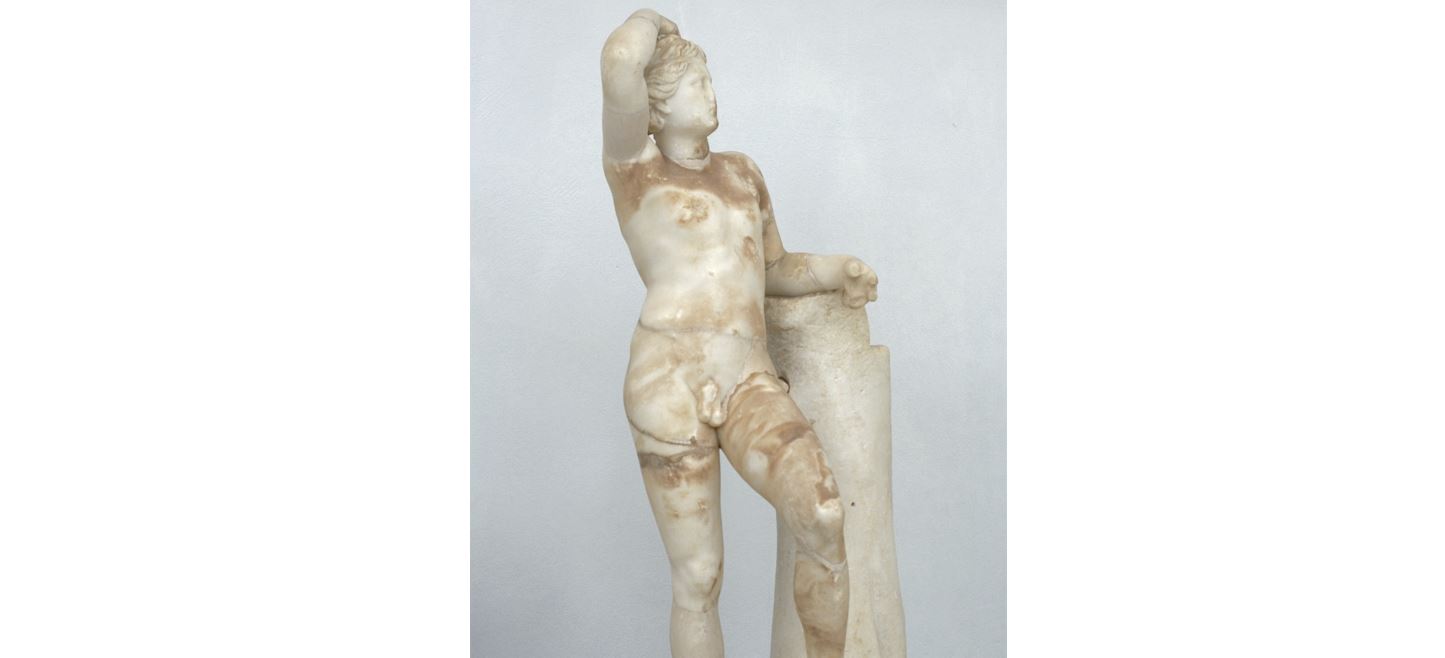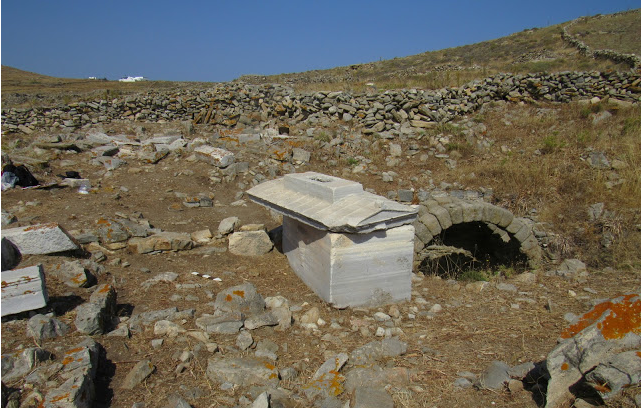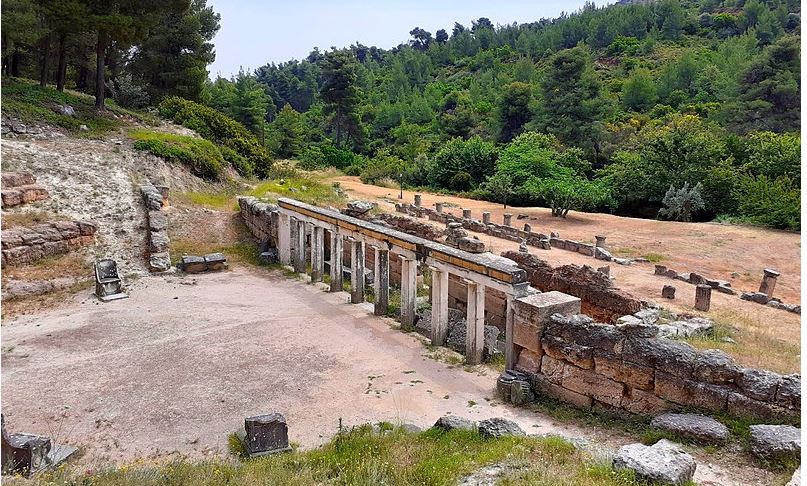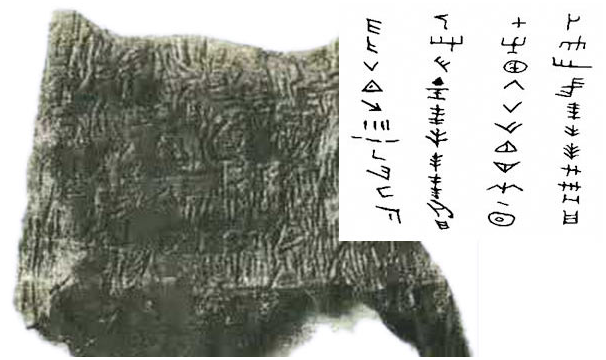When the Nazis invaded Greece in 1941, Julius Ringel, a major general in the German army, took an active role in initiating illegal excavations on the island of Crete, where Minoan culture had flourished more than 3,000 years earlier.
The land was rich with artifacts from the island’s cultural heritage and Ringel, often aided by his troops, carted off all sorts of ceramics, vases, parts of statuary, some for his own gain and some to be sent back to German museums as the spoils of war.
Ringel, commander of the Fifth Mountain Division, also looted ancient treasures that had already been discovered. He confiscated antiquities from the Villa Ariadne, the former home of the British archaeologist Sir Arthur Evans, which he converted into the division’s headquarters. He stole others from a locked room at the ancient palace of Knossos, a five-acre archaeological site that was the center of Minoan culture, according to experts.
“Army officers such as Ringel were not only excavating and looting antiquities for personal wealth but they were also responsible for the destruction of antiquities, in Crete, Macedonia, Tiryns, Assini and Samos,” said Vassilios Petrakos, a scholar who is curator of antiquities and general secretary of the Archaeological Society of Athens.
Crete and Rhodes among the top choices for German holidaymakers for next summer
Though the cinematic exploits of Indiana Jones in the 1980s provided a popular, fictional view of a Nazi lust for antiquities, the art world has, understandably, focused considerably more attention on the seizure of art from Jews.
But the topic of the Nazi role in antiquities looting is increasingly drawing attention, in part through the work of scholars who are peeling back the mysteries of what happened to the objects that were excavated or seized eight decades ago.
Last fall, for example, “The Past in Shackles,” a five-volume study on the looting of antiquities in Greece during World War II, written by Petrakos, was published.
Read more: New York Times



































